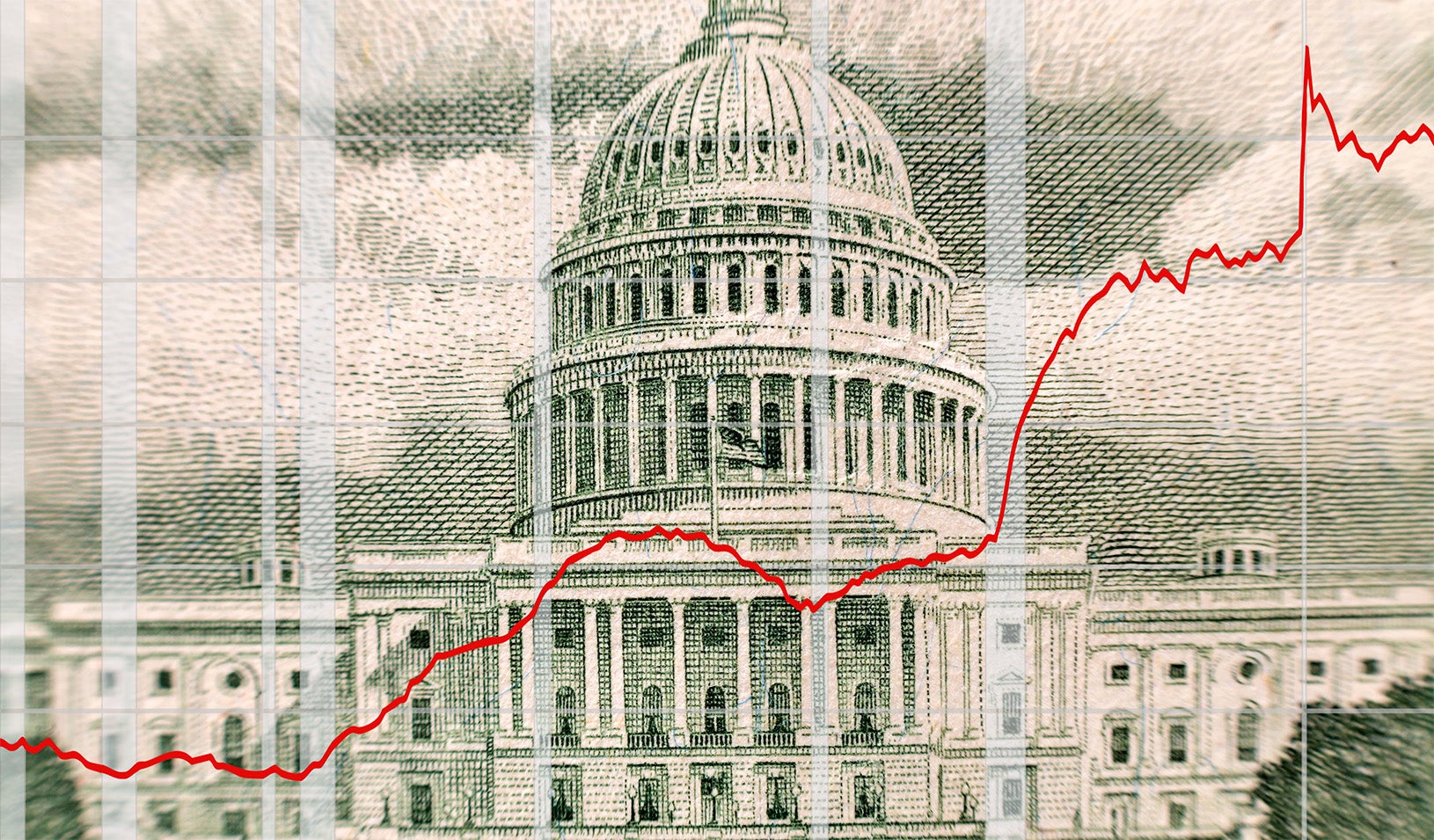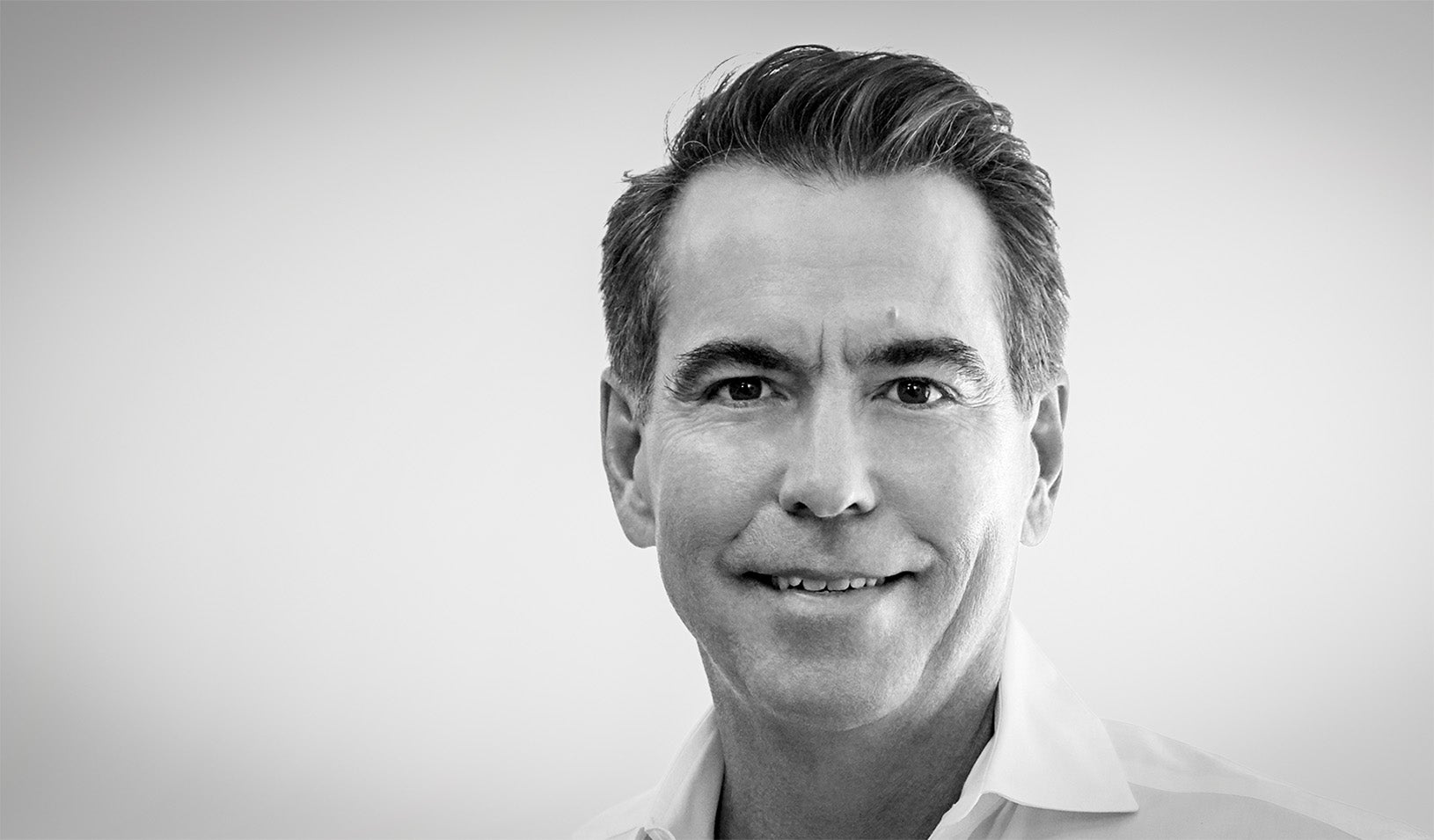June 17, 2016
| by Edmund L. AndrewsThree years ago, a team of financial scholars at Stanford Graduate School of Business and at Germany’s Max Planck Institute provocatively argued that banks become “addicted” to steadily more dangerous levels of debt.
Disputing the standard models of finance, which hold that corporations carefully reckon the trade-offs of taking on higher debt, or “leverage,” the researchers argued that banks develop an almost irresistible urge to increase borrowing once they start.
Leverage begets leverage, they declared, identifying a “leverage ratchet effect” that keeps banks nudging their debt higher. The ratchet stems in part from a basic conflict of interest between shareholders and creditors, and in part from government policies that encourage debt and risk-taking.
Now, in a new paper, the researchers argue that banks are not alone. Other corporations become addicted to debt, even when it reduces the total value of the enterprise.
Once a company begins to take on debt, they say, the leverage becomes almost “irreversible.” Shareholders will generally oppose measures that reduce debt and support moves to increase it whenever the opportunity arises.
“It’s similar to eating potato chips,’’ says Paul Pfleiderer, a professor of finance at Stanford, who coauthored the new research “You may be fine if you can commit to eating just a few chips. But if you can’t stick with that commitment, you might be better off if you hadn’t started eating them at all.”
Pfleiderer teamed up with Anat R. Admati and Peter M. DeMarzo, also at Stanford GSB, and Martin F. Hellwig at the Max Planck Institute for Research on Collective Goods in Bonn, Germany.
The authors argue that since reducing debt entails a transfer of risk — and wealth — from shareholders to creditors, there is a clear disincentive for shareholders to cut back on borrowing.
If a company buys back its bonds, for example, bondholders will demand a premium above the current market price for those bonds. That’s because bondholders will insist that the buyback price reflect the fact that the remaining debt will be at less risk of default. In other words, bondholders get all the benefits of debt reduction and shareholders have to foot the cost upfront.
Government tax policy makes companies even more biased toward higher debt, because it allows companies to deduct interest payments — but not dividend payments to shareholders — from their taxable incomes.
In theory, creditors can protect themselves by insisting on contracts or “covenants” that restrict a company’s ability to increase its leverage in the future. Among other things, covenants can restrict a company from selling additional bonds or making big payouts to shareholders (which reduce the company’s equity).
In practice, the authors argue, covenants are difficult to enforce. Most covenants give companies at least some discretion to take on more debt, because companies need flexibility in dealing with new opportunities and problems. On top of that, the creditors are often dispersed and unable to take a unified position.
“The difficulty is that you want to give flexibility to corporations to do things when the environment changes,” Pfleiderer says. “If you know everything that’s going to happen, you can write down rules for what to do in each situation. But you can’t do that, because you can’t anticipate everything.”
The most obvious risk of high debt is the increased danger of falling into financial distress or even bankruptcy. But the authors argue that rising leverage can also make companies reluctant to invest in promising new projects. That’s because part of the increase in value generated by an investment would flow not to shareholders but to creditors, because their bonds and loans would become more secure.
What to do?
When it comes to banks and other financial institutions, the coauthors argue that tougher financial regulation must play a key role. Banks are especially prone to debt addiction, they say, because bank creditors (who include millions of depositors) are protected by a wide range of explicit and implicit government guarantees in the case of insolvency. These protections range from federal deposit insurance to the possibility of bailouts similar to those during the Wall Street collapse in 2008 and 2009.
The Federal Reserve and regulators in other nations have increased capital requirements, and the 2010 Dodd-Frank financial reform bill imposed restrictions on many bank activities. But the coauthors see remaining flaws in the regulations and room for additional work to address leverage addiction more generally.
One big step for corporations of all types would be to narrow or eliminate the special tax preference for debt over equity. To be sure, eliminating the deductibility of interest payments would pose nearly insurmountable political obstacles.
But coauthor DeMarzo, a professor of finance at Stanford GSB, suggests that the United States could quite plausibly reduce the tax benefits of debt by lowering corporate tax rates. DeMarzo notes that the United States has much higher corporate rates than most other nations. Tax reformers in both political parties have proposed revenue-neutral reforms that would reduce corporate rates and make up the lost revenue by eliminating vast numbers of special breaks.
DeMarzo also suggests that corporate boards take a hard new look at how much they compensate management through stock options and other grants of equity in the company. The more money that managers earn from grants of stock and options, rather than from their salaries, the more they will align their self-interest with shareholders rather than creditors, he says.
The main purpose of their work, the authors say, is to shed light on why companies can become hooked on high debt. As they say about other forms of addiction, admitting you have a problem is the first step toward solving it.
For media inquiries, visit the Newsroom.






